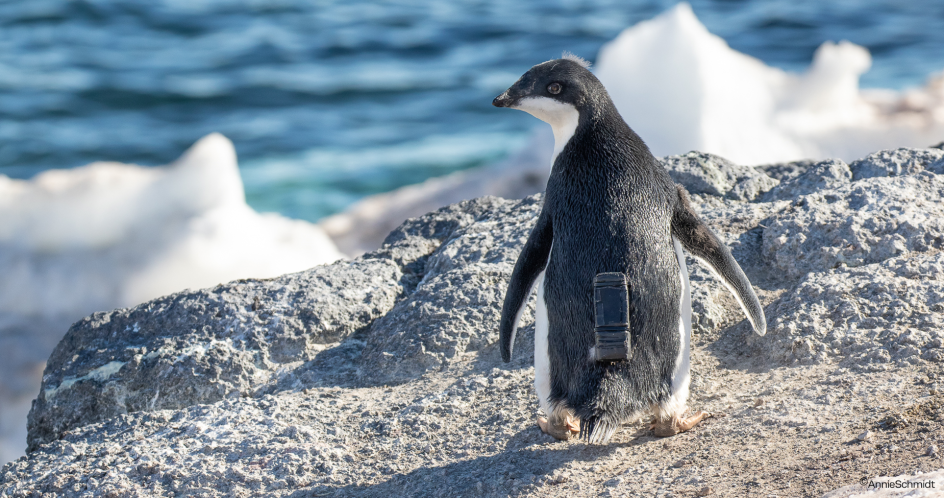In an initiative aimed at conserving Antarctic wildlife, u-blox, known for its positioning and wireless communication technologies, has teamed up with Cellular Tracking Technologies (CTT), a specialist in wildlife telemetry and Internet of Things solutions.
This collaboration has introduced a cloud-based positioning solution to monitor the activities of Adélie penguins in one of the most inhospitable environments on Earth, Ross Island, Antarctica. The venture began when Point Blue, a prominent American wildlife conservation organization, reached out to CTT to devise a tracking mechanism that could study the movements of juvenile Adélie penguins. These birds are among the five penguin species inhabiting Antarctica and are considered crucial for environmental studies due to their sensitivity to ecological shifts caused by climate change and human activities, such as commercial fishing.
Given the challenges posed by the harsh Antarctic conditions, including the penguins’ small size, rapid movement, and extended underwater dives, the project required a tracking device that was not only lightweight and non-intrusive but also energy-efficient and cost-effective in terms of data transmission.
To meet these stringent requirements, u-blox provided its CloudLocate positioning service, enabling the development of CTT’s Penguin Iridium GPS tracker. This innovative solution is affixed to the penguins’ backs and leverages one of u-blox’s compact GNSS modules, known for its minimal energy consumption. The CloudLocate service processes the positioning calculation in the cloud rather than on the device, offering a tenfold energy saving and enabling prolonged monitoring periods without the need for frequent device replacements.
The tracker operates by sending a concise 50-byte message, which captures essential location data during the brief moments when a penguin surfaces for air. This efficiency is critical in minimizing the costs associated with satellite connectivity, which is often prohibitively expensive in such remote regions.
This partnership marks an advancement in wildlife conservation technology, allowing for non-invasive, continuous monitoring of Adélie penguins and providing vital data for assessing the impacts of environmental changes. CTT aims to extend this novel tracking solution to a wider range of wildlife research and conservation projects, demonstrating the potential for technological innovation to contribute significantly to ecological preservation efforts.






